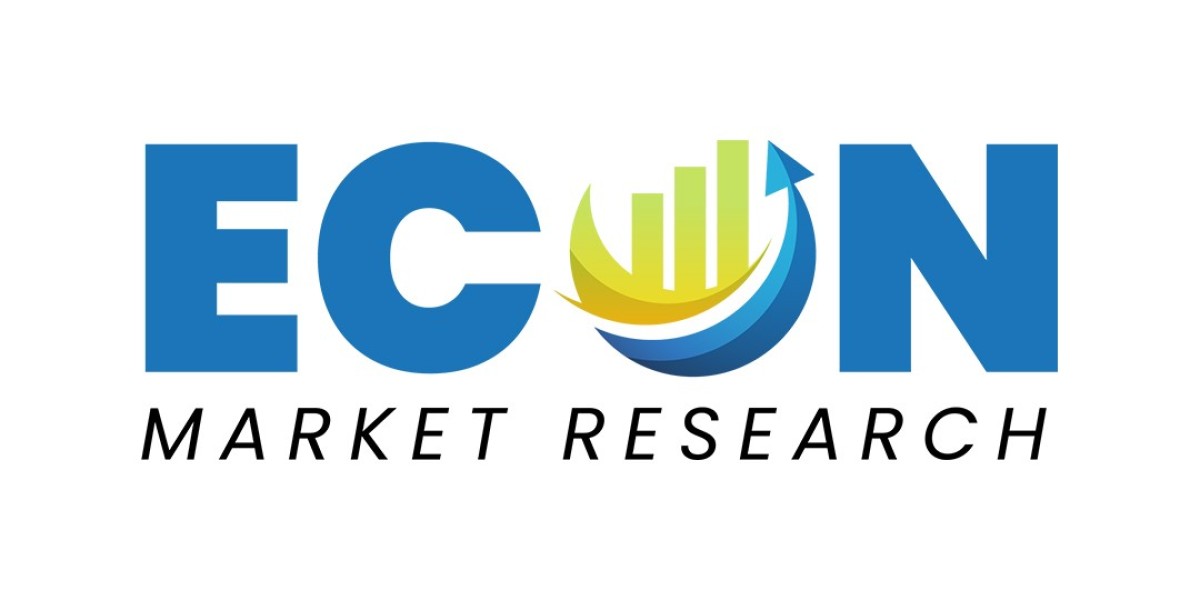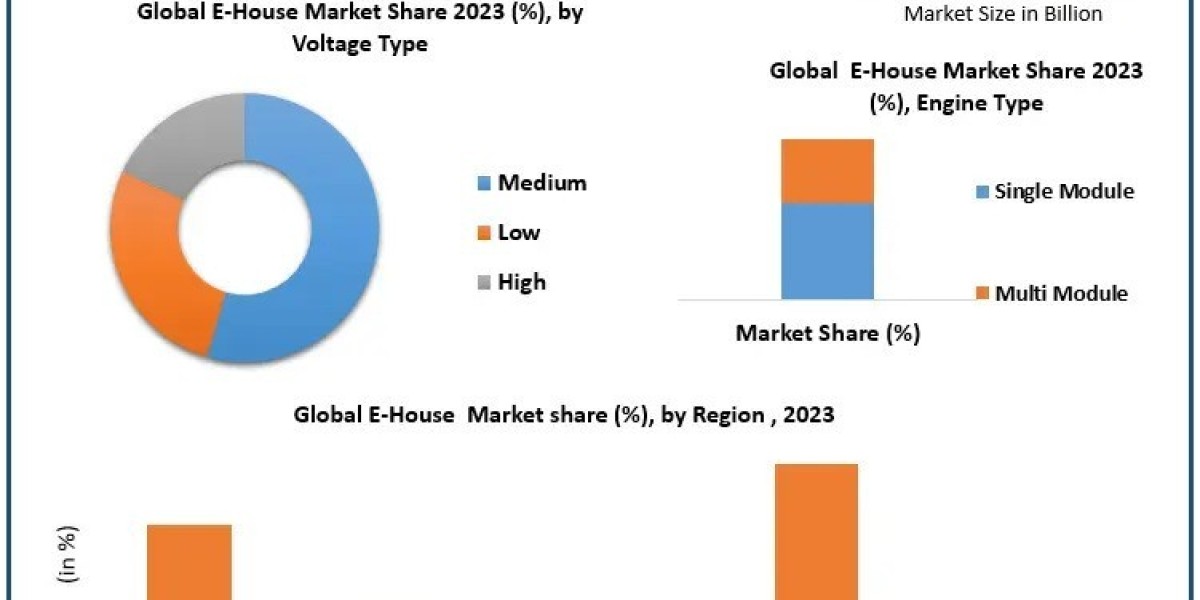The Medical Claims Processing Services Market: Navigating the Future of Healthcare Administration
The medical claims processing services market has become a critical component of the healthcare sector, ensuring that healthcare providers are paid promptly for their services while helping insurance companies maintain an efficient and organized system. As healthcare costs continue to rise and the demand for digitalization increases, the need for efficient and accurate medical claims processing has never been more essential. In this blog, we will explore the current trends, challenges, and opportunities in the medical claims processing services market, and what the future holds for this critical industry.
What is Medical Claims Processing?
Medical claims processing involves the management and validation of claims submitted by healthcare providers (hospitals, clinics, physicians, etc.) to insurance companies for reimbursement. This process includes the submission of medical treatment information, ensuring its accuracy, checking for compliance with insurance policy terms, and verifying the eligibility of the claim. Once verified, the claim is either approved or denied, and payment is processed accordingly.
Medical claims processing can be done manually or electronically, with the latter becoming increasingly dominant due to its speed, efficiency, and accuracy. Many healthcare providers and insurers have transitioned to electronic claims submission through Electronic Data Interchange (EDI) systems, which have dramatically reduced processing times and the possibility of human error.
Market Trends Shaping the Medical Claims Processing Services Industry
- Growth of Outsourcing
As healthcare organizations face growing administrative workloads, many are turning to third-party service providers for medical claims processing. Outsourcing offers several benefits, including cost reduction, access to specialized expertise, and the ability to focus on core medical services. Outsourced claims processing providers handle everything from claims submission to compliance checks, allowing healthcare providers and insurers to reduce operational costs and improve service efficiency. - Digitization and Automation
The ongoing digital transformation in healthcare has greatly influenced the medical claims processing services market. Automation technologies such as Robotic Process Automation (RPA) and artificial intelligence (AI) are revolutionizing how claims are processed. AI-driven solutions can analyze vast amounts of data, detect errors, and ensure compliance, while RPA streamlines repetitive tasks, speeding up the entire claims lifecycle. This has not only improved accuracy but also drastically reduced the time taken to process claims, resulting in quicker reimbursements for healthcare providers. - Adoption of Electronic Health Records (EHRs)
The integration of EHR systems with medical claims processing services has further simplified the process. EHRs store patient data in a digital format, providing a single point of access for healthcare providers and insurers. This integration ensures that claims are more accurate, as they are based on real-time and comprehensive patient data, leading to fewer claim rejections and faster approval times.
Request Sample @https://www.econmarketresearch.com/request-sample/EMR001057/
Challenges in the Medical Claims Processing Services Market
Despite the advancements and benefits, the medical claims processing industry faces several challenges:
- Claim Denials and Rejections
A common challenge faced by healthcare providers is the denial or rejection of claims. Errors in coding, missing documentation, or non-compliance with insurance policies can lead to delays or denials. Even with automated solutions in place, addressing claim denials remains an ongoing challenge that requires skilled professionals to review and correct claims. - Complexity of Claims
As healthcare becomes more complex, with an increasing number of procedures, specialties, and treatment plans, claims are also becoming more intricate. Navigating these complexities requires knowledge of various insurance policies, coding systems, and medical terminology, which can be a challenge for many insurance companies and providers.
Opportunities in the Medical Claims Processing Services Market
- Artificial Intelligence and Machine Learning
The potential for AI and machine learning to streamline medical claims processing is vast. These technologies can improve the accuracy of claims, detect fraud, and predict claim outcomes by analyzing historical data. As AI becomes more advanced, it can automate more tasks, further reducing human intervention and increasing efficiency. - Blockchain for Transparency and Security
Blockchain technology has the potential to revolutionize medical claims processing by providing a secure and transparent way to track claims. Blockchain’s decentralized nature could eliminate fraud and data manipulation while providing an immutable record of every claim. This level of transparency can significantly enhance trust between healthcare providers, insurers, and patients.
Phone Number: +1 812 506 4440
Email: sales@econmarketresearch.com









